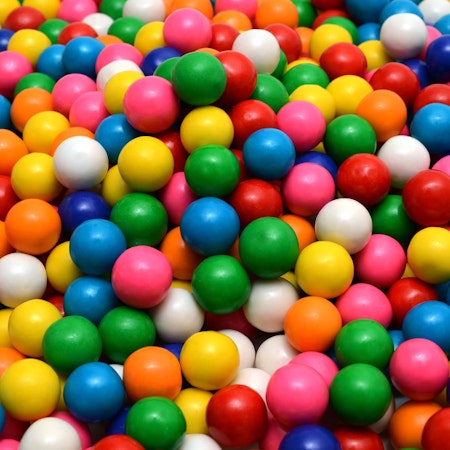
Gastropod
Food with a side of science and history. Every other week, co-hosts Cynthia Graber and Nicola Twilley serve up a brand new episode exploring the hidden history and surprising science behind a different food- or farming-related topic, from aquaculture to ancient feasts, from cutlery to chile peppers, and from microbes to Malbec. We interview experts, visit labs, fields, and archaeological digs, and generally have lots of fun while discovering new ways to think about and understand the world through food. Find us online at gastropod.com, follow us on Twitter @gastropodcast, and like us on Facebook at facebook.com/gastropodcast.
101
Gut Feeling
46 min
102
Green Gold: Our Love Affair With Olive Oil (enc...
47 min
103
How Ketchup Got Thick
41 min
104
Delivery Wars
32 min
105
The Milk of Life
48 min
106
Poultry Power: The Fried Chicken Chronicles (en...
43 min
107
Guest episode: Montréal by Not Lost
47 min
108
Reinventing the Eel
43 min
109
Monsanto or MonSatan? How—and Why—a St. Louis S...
47 min
110
The Way the Cookie Crumbles
47 min
111
Black Gold: The Future of Food...We Throw Away
46 min
112
Gum's the Word: A Sticky Story
46 min
113
Déjà-Brew: How Coffee Got Bad, Then Worse, and,...
54 min
114
Grounds for Revolution: the Stimulating Story o...
47 min
115
The Fortune Cookie Quest
36 min
116
Guest Episode: Graveyard Cookies and Dollhouse ...
30 min
117
Mango Mania: How the American Mango Lost its Fl...
35 min
118
Guest Episode: Scents and Sensibility
39 min
119
Your Mystery Date
45 min
120
The Most Interesting Oil in the World
48 min
121
Are Plant- and Fungus-Based Meats Really Better...
50 min
122
Guest Episode: The Doorbell by Nice Try!
43 min
123
Balls *and* Brains: The Science and History of ...
45 min
124
Trick or Treat: Soul Cakes, Candy Corn, and Sug...
46 min
125
Buried Treasure: Weeds, Seeds, and Zombies
44 min